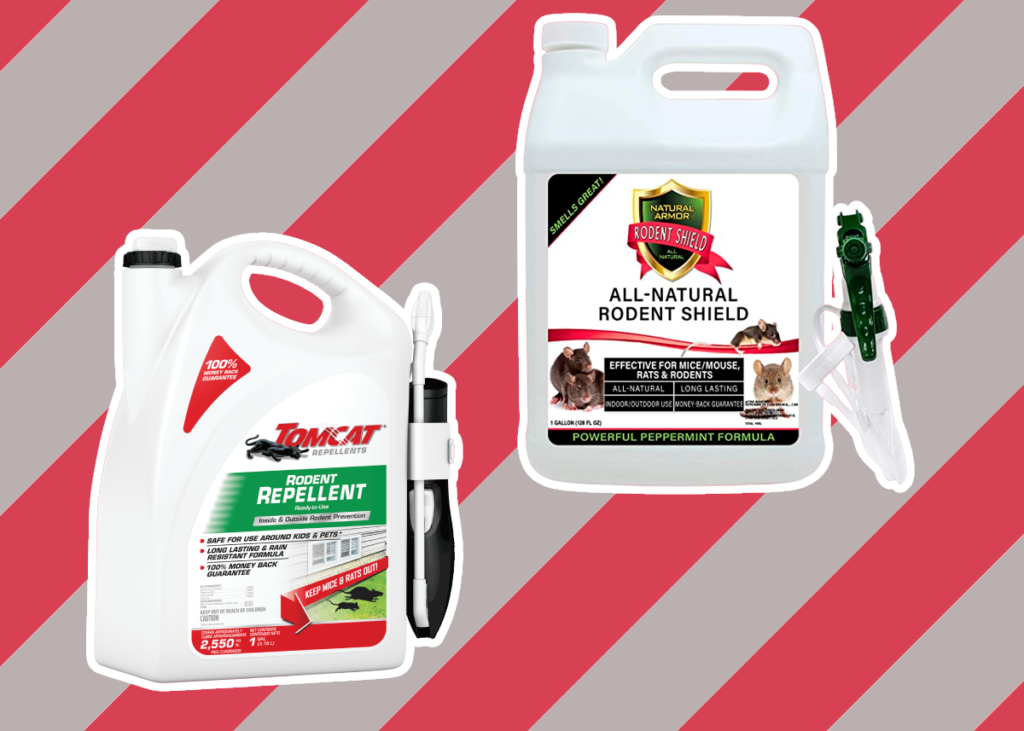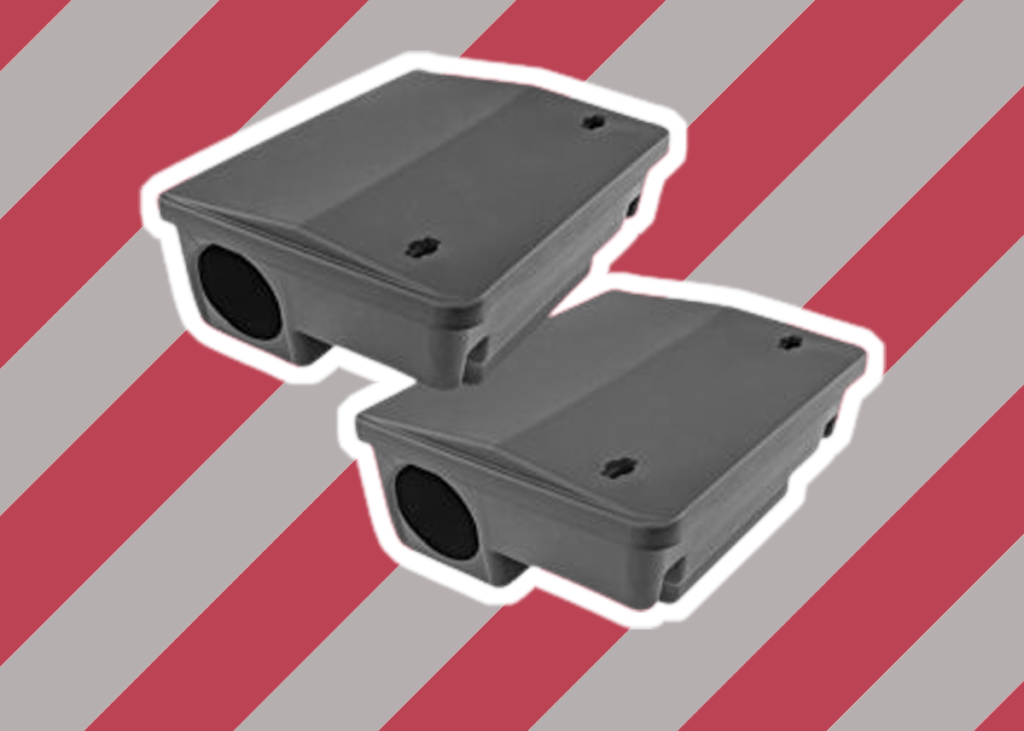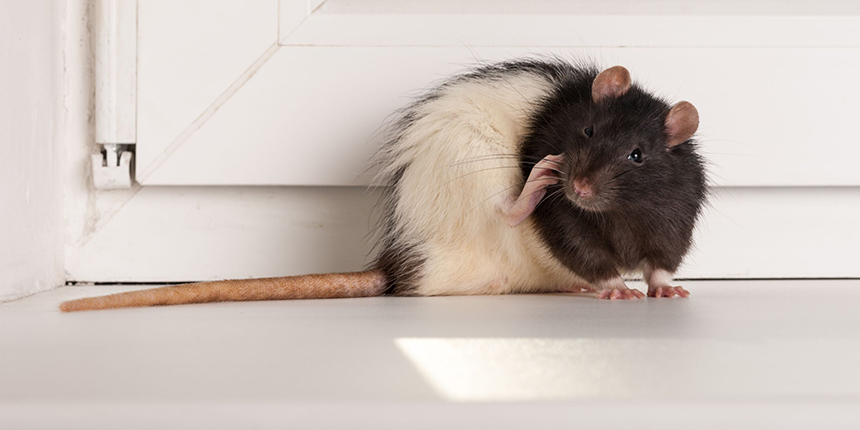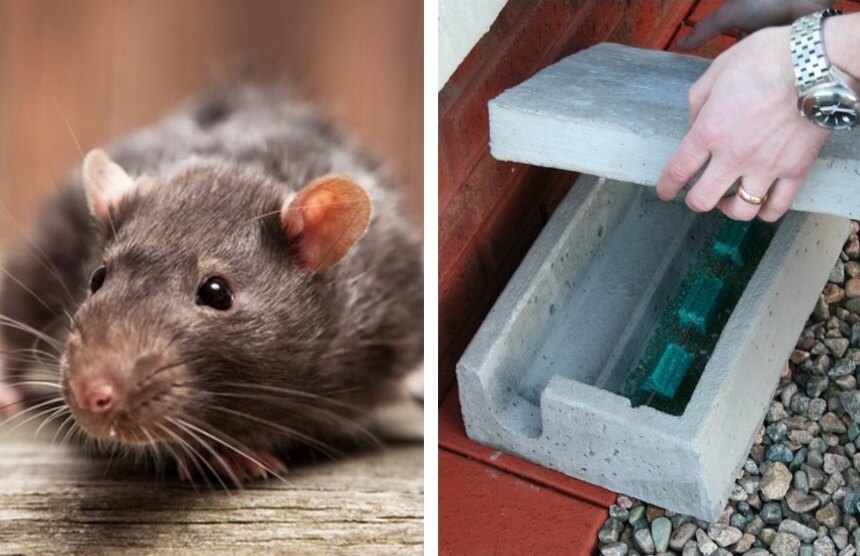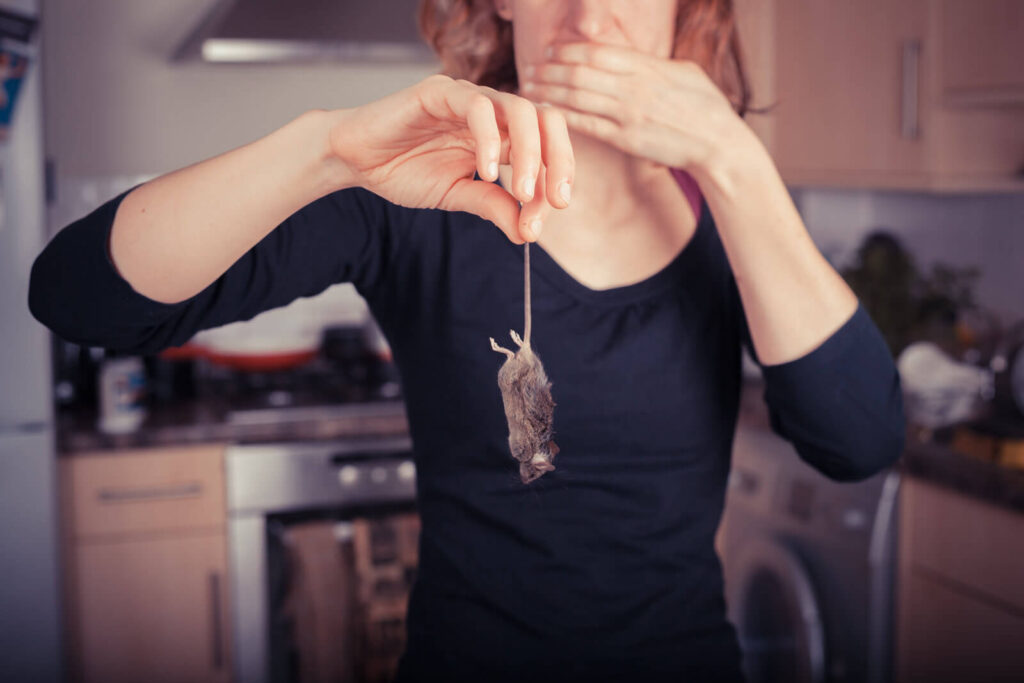

One of the visitors who are least pleasant in residential homes is rats. They creep around at night, making annoying noises in the attic or basement, and when you find them in your house, you could feel horrified. Fortunately, there are many methods available to you for keeping rats out of your home.
Rats possess keen senses of smell. This means if you can find out what smell rats hate the most, you can leverage that to keep them away from your home. Rats don’t like garlic, clover, onion, spicy peppers with capsaicin, old coffee grounds, house ammonia, peppermint, predator smell (like a cat), eucalyptus, citronella oil, and white vinegar. You can use these to keep them away from your house and yard.
Keep reading to discover which scents keep rats out of your house and lawn! Other methods will be discussed as well.
Rats are larger than mice by comparison. They will have larger heads and paws compared to that of a mouse. You can find hairless tails on mice and rats alike.
Mice are more daring than rats when it comes to behavior. You can almost be sure to catch a mouse the same day or the next if you set a trap for it, but it can take several days to catch a rat because they are very cautious and easily suspect new objects lying around in their path.
The following are some ways to know if you have a rat infestation in your home.
The most obvious sign of a rat infestation is rat droppings. If you spot tiny black droppings, then you can be certain rats are nearby. It’s safe to get a professional at this time.
Look around for any holes outside. You might have a rat infestation if you see strange holes near your house that are roughly a rat’s size. Rats burrow, so if you notice holes, particularly close to foundations, it may indicate that rats have invaded your area.
It’s simple to check for rats by spreading flour or powder on the ground or in other suspected rat hiding places. Rats will walk on the contents and leave tiny footprints. The quickest and easiest approach to find out if there are rats is to sprinkle the powder in areas where you suspect they may be hiding.
If allowed to accumulate, rat feces can pose very severe risks to the health of humans. Some risks are spreading diseases like bacteria, food contamination, allergies, and many other issues.
The following are serious health risks when your home has a rat infestation.
Homemade rat repellents are effective, but there are some important things to remember before using them.
First, it’s important to know that most homemade rat repellents will work for only a few days at best. If you’re using a homemade repellent, you should expect to re-apply it every day or so—depending on the severity of your situation and the type of repellent used.
If you don’t want to be bothered with reapplying your homemade rodent deterrent daily, consider investing in a commercial product instead. Commercial repellents come in various forms (including sprays and powders) and can last anywhere from a few days to a couple of weeks. They’re also more effective than most homemade rat repellents because they contain chemicals designed to kill rodents on contact.
Aside from being unpleasant, rats can be destructive in the home. They not only pose health risks, but they also pose furniture, appliances, and home gadgets risks. If you have a rat problem, then these smells that rats hate the most can be used to repel these tiny but destructive creatures.
Using chemicals with specific smells that rats hate is one way to treat rat infestation in your home. There are, however, some risks posed to homeowners who want to adopt this method. This is the risk that chemical smells pose to humans. Mothballs, a rat repellent, for example, can be toxic to humans. A case scenario that showed the adverse risk of mothballs to humans was published in an article by the National Pesticide Information Centre (NPIC). But if you don’t have any pets or can keep them inside when treating the outside areas, a chemical spray like the Exterminator Choice Rodent Defense Vehicle Protection Spray will be one of the best solutions in getting rid of rats outside.

The scent of their predators is one of the odors that rats certainly hate since it intensifies their perception of danger. A rat is likely to avoid an area if it smells like a raccoon, cat, stoat, or ferret.
Rats exhibit a significant stress reaction to the odors of ferrets and cats. Therefore, it may not be a terrible idea to have cats as pets so they can get rid of rats.
This section further lists several other smells that are toxic to rats. Keep in mind, however, that not all scent repellants will be effective in keeping them away.
Pests avoid anything with a minty scent, whether it’s an oil or the actual plant. This means spraying peppermint oil on your doorway or wherever you suspect rats pass. You can also plant a mint in your lawn or garden to prevent rats from building a home there.
The eucalyptus scent is disgusting to rats and could be used to repel them. Rats hate this oil because it has a compound that rats dislike. A study showed that food sprayed with eucalyptus was left uneaten by rats.
Without a doubt, white vinegar smells pungent. It’s powerful and unpleasant, with a hint of spice and a sting. White vinegar smells terrible to rats.
Rats find white vinegar not only to be an unpleasant scent but also painful to lick. Using white vinegar will cause rats to see their environment as being threatened by something new and unfamiliar.
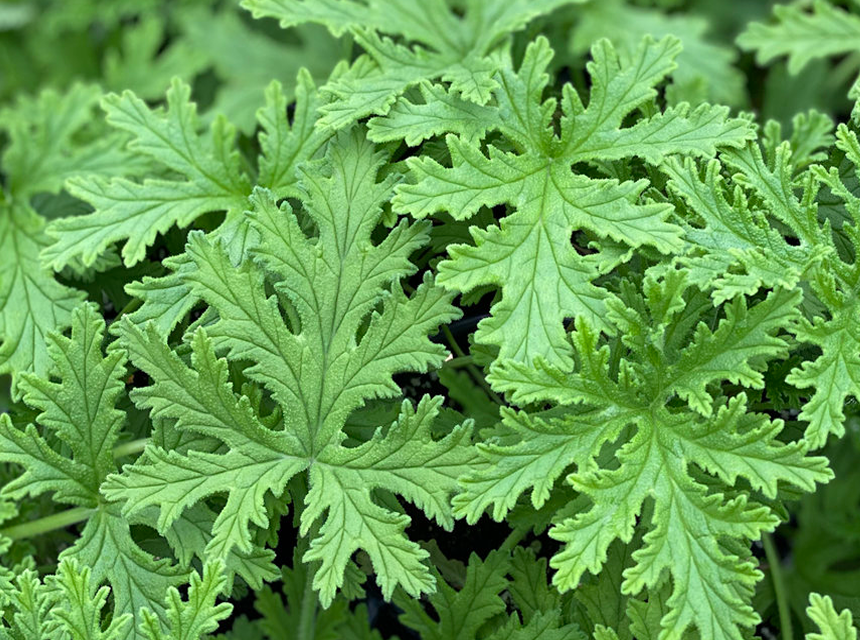
Citronella repels rodents. It’s amusing when you think about it since it smells somewhat clean, aside from being overpowering to rats. Rats do not like things that are fresh and clean. Thus it is not surprising that they dislike citronella.
You can plant citronella or purchase your essential oil and dilute it with citronella. Next, soak a cloth or cotton balls in it and place them in suspicious rat passageways.
In addition to having a strong aroma, coffee grounds, particularly hot-brewed ones, also have a harsh flavor. These two combinations work well as a rat deterrent.
Put the grounds from your used coffee in an uncovered plastic container or bag and scatter them around the hot regions.
Because coffee grounds decompose well, they will likely help nourish your crops in addition to keeping rats and deer away.
Using cloves or clove oil is an excellent way of rat repelling. Cloves may smell clean and spicy, so rats dislike their smell.
Rats can be eliminated by placing whole cloves wrapped in a cloth in both indoor and outdoor locations. Whole cloves can be placed in ducts and any other openings you see in your house’s walls.
Using cotton balls soaked in clove oil and scattering them indoors and outdoors can be very effective.
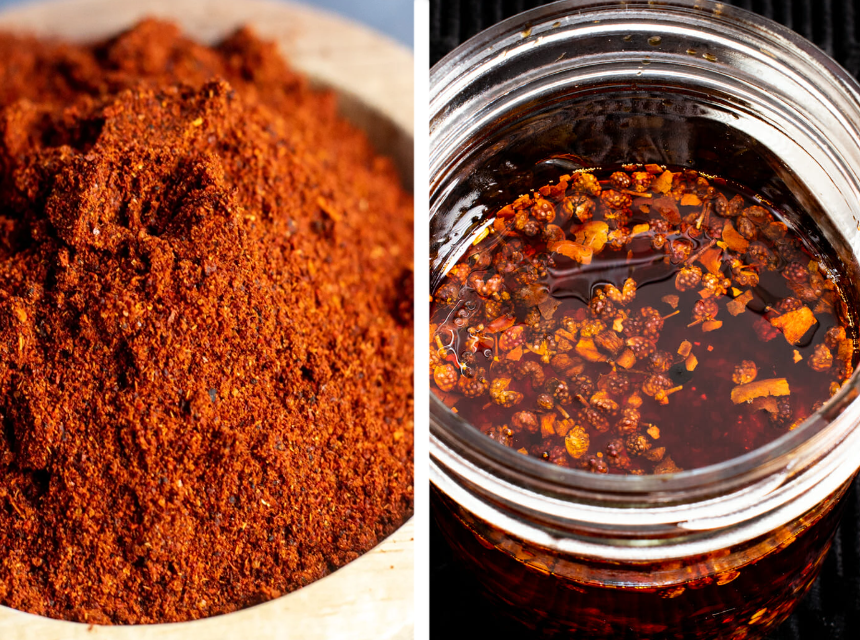
Another effective method for keeping these bothersome pests away from your house is chili powder.
Try sprinkling chili powder outdoors, paying special attention to any potential entry points for rats. You may also use it in parts of your home, such as under furniture or tight spaces where rats would like to converge.
Garlic is effective against various pests, such as rats, foxes, and deer.
Garlic’s powerful aroma acts as its principal deterrent. Have you ever eaten something with a lot of garlic and felt like you could taste it all day?
That’s because of allicin! It is the chemical responsible for the unique smell of garlic. Allicin is a defense mechanism that the plant has evolved to prevent animals from consuming it, similar to capsaicin in chili peppers.
Similar to garlic, onions possess a very unique and potent smell. This is because they include chemicals that contain sulfur. These sulfuric chemicals emit a potent odor that deters rats from approaching, just like allicin does.
Even if you use some of the best rat repellent sprays like a scent-based one like Mighty Mint Peppermint Rodent Repellent, you might still not be able to get rid of these pests permanently. It does not necessarily indicate that your smell or spray deterrent is ineffective if it does not ward them off. To permanently eliminate them, you might need to include other physical methods like getting help from a professional or using some of the best rat traps.
Aside from scent-based repellents, here are some other ways to keep rats away:
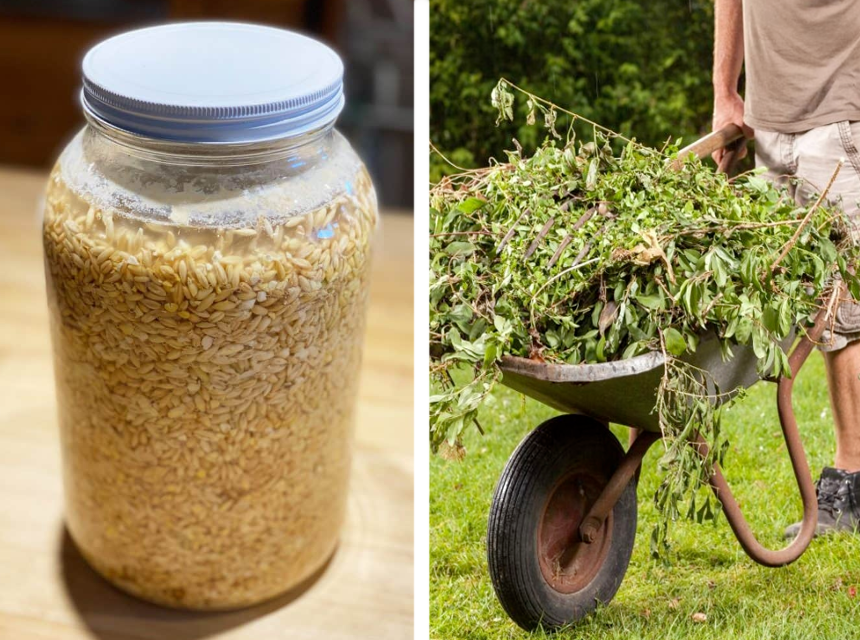
By merely depriving them of shelter and food, rats can be prevented:
Your house and yard may suffer from rat infestations. In addition to munching on your vegetables, fruits, plants, and electrical cables, they also eat wood and leave droppings.
It has been shown that peppermint, eucalyptus, citronella, coffee grounds, chili powder, and predator smell are repulsive to rats.
The purpose of this post is to help you know what smells rats hate the most and how to deter them in a humane way using these scents. If you’re looking for other ways of dealing with rats. then you may be interested in our guide on getting rid of rats.
It’s a good idea to keep in mind that while ammonia, bleach, and mothballs have the potential to deter rats, their effectiveness varies greatly among rat species and, depending on the environment in which they are employed. You can always get aid from a pro to eliminate the rats if you think things have gotten out of hand!

